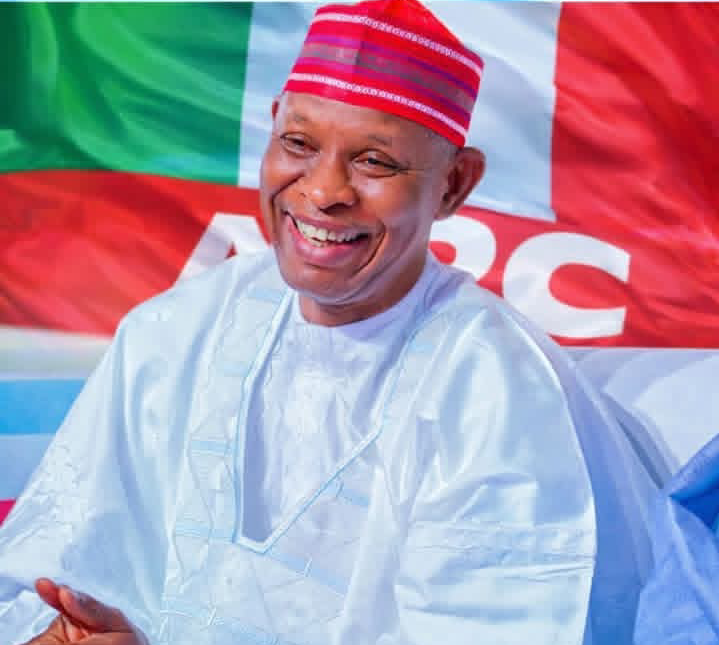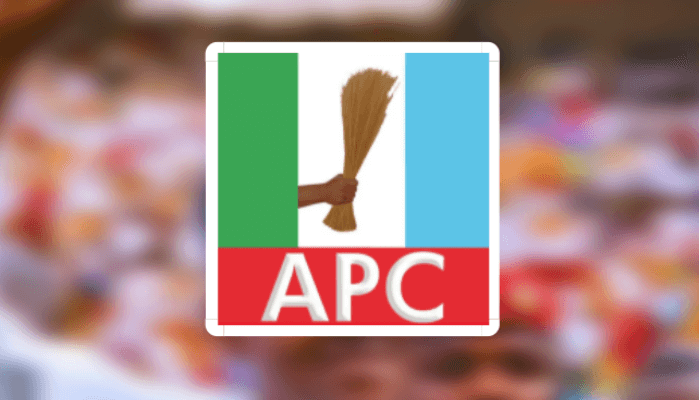Nigerian Politician Blames Colonial Legacy for Ongoing Divisions
A prominent figure in the Peoples Democratic Party, Chief Bode George, has attributed Nigeria’s persistent divisions to the lingering effects of colonialism, specifically tribalism and religious bigotry. In a recent interview on Arise Television’s Morning Show, George discussed the government’s decision to grant a posthumous state pardon to Herbert Macaulay, a nationalist who was twice convicted by colonial authorities.
Macaulay’s family had rejected the pardon, which was granted by President Bola Tinubu as part of a broader gesture of mercy to 175 individuals. George stated that the government’s actions were its prerogative, and it was up to Nigerians to ultimately judge their decisions. He emphasized that the focus should be on the country’s progress, rather than dwelling on past grievances.
George identified tribalism and religious bigotry as the “two evils” planted by British colonial authorities, which continue to plague the country. He noted that these issues often underlie the conflicts and tensions that arise in Nigeria. As an example of religious tolerance, George cited his own family, where his eldest sister is a Muslim and he has supported her in her religious activities.
The politician emphasized the importance of loving one’s neighbor, regardless of their faith, and noted that this principle is present in both Christian and Islamic teachings. He described the ongoing divisions as “existential imbecilities” that distract from the task of managing the country effectively. By acknowledging the colonial legacy that has contributed to these divisions, George hopes to promote greater understanding and unity among Nigerians.
The issue of religious and ethnic tensions is a longstanding challenge in Nigeria, and George’s comments highlight the need for continued efforts to address these underlying issues. As the country moves forward, it remains to be seen how the government and citizens will work together to build a more inclusive and harmonious society.



